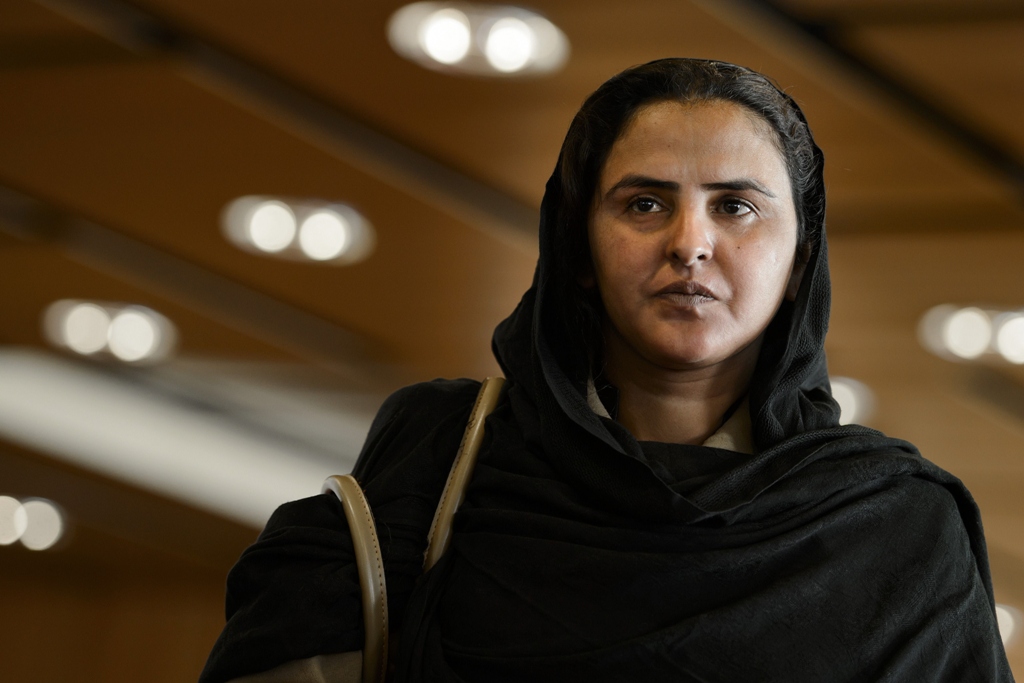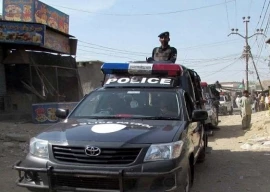
On Thursday, she was called to address a seminar, titled ‘Rape and Sexual Violence: Legal Reforms,’ organised by War Against Rape (WAR) to celebrate 25 years of its existence.
At the end of the seminar, Mukhtar, dressed in black, was invited to talk to the small crowd of women, who had earlier taken turns to sit next to her and take selfies.
“Before 2002, I had never dealt with the police,” said Mukhtar, recalling what had happened to her in Meerwala, Punjab, when she went to the Mastoi tribe to seek forgiveness for her brother’s conduct. “I had asked my family why they were only sending me to ask for forgiveness. Was it because I was sitting at home and my four sisters were not?”
After the rape, Mukhtar’s family discouraged her from pressing charges or registering an FIR. “Nonethless, I decided that it’s better to fight than to die.” She talked about the small school she opened after the incident, selling off her buffalo and whatever jewellery she possessed to pay for the sole teacher’s salary. In 2005, the Canadian high commissioner donated two years’ funding to the school.
She also spoke about her other projects: a shelter home providing support not only to rape victims but also to girls shunned by their families after marrying of their own choice and a telephone helpline for women who are in danger and cannot leave their homes. Despite what happened to her, Mukhtar held no bitter feelings for the opposite sex. “There are good and bad people everywhere.”
Published in The Express Tribune, December 14th, 2014.
1719315628-0/BeFunky-collage-(8)1719315628-0-405x300.webp)


1731329418-0/BeFunky-collage-(39)1731329418-0-165x106.webp)

1731737597-0/Untitled-design-(12)1731737597-0-270x192.webp)
1731746071-0/Untitled-design-(11)1731746071-0-270x192.webp)
1731749026-0/Copy-of-Untitled-(3)1731749026-0-270x192.webp)









COMMENTS
Comments are moderated and generally will be posted if they are on-topic and not abusive.
For more information, please see our Comments FAQ